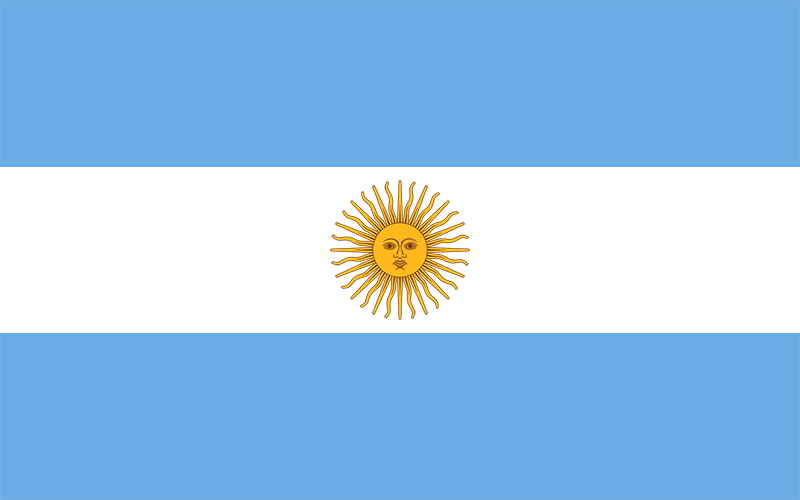How to Import Goods from Argentina to Nigeria.
How to Import Goods from Argentina to Nigeria.
If you’re looking to import goods from Argentina to Nigeria, you first need to know the customs regulations. In order to do so, you’ll need to consult with a local customs broker. After that, you’ll need to create a customs entry for your goods. This will include the items you’re importing, the country of origin, and the shipping method. It can also include information about your product or services.
What You’ll Need to Import from Argentina to Nigeria
Before you can import goods from Argentina to Nigeria, you’ll need to fill out an entry form. You’ll also need to pay a $100 fee. In addition to these fees, there are other costs that you must pay for.
You’ll have to pay a tax for each item that comes into the country. You can also pay fees for other services provided by customs brokers, such as inspecting and storing your goods.
The Customs Regulations for Importing Goods from Argentina to Nigeria
Argentina is located in South America and is one of the most popular countries when it comes to doing business in the region. Along with neighboring countries, Argentina has an open border policy which allows people from all over the world to travel and work freely within their country.
The customs regulations for importing goods are fairly simple. You can import items bearing a value of less than $50,000 or a value of $500,000 or more into any country that allows you to do so. In fact, if you want to do business with Argentina, you can’t even enter your country until after January 1st of the following year.
How to Create a Customs Entry for Your Goods in Nigeria
To begin, you’ll need to find a customs broker. You can then use the company’s website to create a customs entry for your goods in Nigeria. Once that’s done, you’ll need to pay for the service and wait a few days before customs officials arrive at your location.
You also have an option of paying upfront or requesting a payment in installments as long as it’s due within 30 days after you receive your goods. When you request paperwork, information will be provided regarding how much money you need to pay, how long it takes to complete, and who will handle the paperwork and process it with the local customs office.
The Shipping Method for Importing Goods from Argentina to Nigeria
Most goods and services are shipped in containers. In order to avoid customs delays, you’ll want to use a shipping method that is suitable for the cargo. For example, if you use a truck or ship, your product will be delivered on time. If you take the train, it may take up to two days to reach its destination. If you use a ship, it could take up to ten days before arriving at its destination.
The shipping method of your importation will affect the price of your export as well as other costs such as duty. Before you make any final decisions about your importation and export, you’ll need to determine which method is best for your shipment or service.
Information about Your Product or Services.
Information about your product or services are plentiful on the internet. You’re able to find this information by going to websites like Amazon.com and typing in the name of your product or service into a search engine. Other website features can also help you find this information.
There are several ways you could provide this information in order to make your business appear more professional and trustworthy. This includes adding up your expected cost, an image that clearly shows the item, and a description of the product or service that clearly explains what it is and does. Some people might not be too keen on providing these details because they feel that it’s unnecessary for them to know these details about their products or services.
However, if you want to establish trust with customers and ensure they have confidence in your brand, providing detailed information about the items you sell could be beneficial for you.








LEAVE A COMMENT
You must be logged in to post a comment.